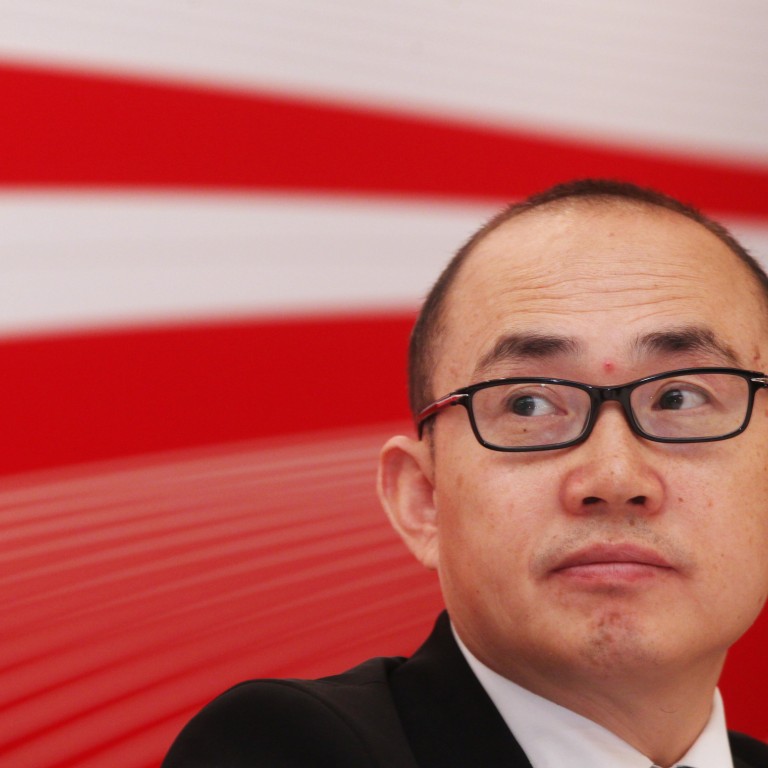
Tycoon Pan Shiyi swamped with petitioners as he's named Beijing's legal ombudsman
Shortly after the Beijing real estate tycoon Pan Shiyi announced his appointment as a legal ombudsman for the city, petitioners have converged on his office to plead their cases.
Pan, the chairman of Soho China and an internet celebrity with 16 million followers on Sina Weibo, said he found several people claiming to be victims of miscarriages of justice blocking the entrance to his office when he went to work on Monday.
Given his new status as a legal ombudsman, he was entitled to make comments on their cases and refer his views to the Beijing High Court, he wrote in weibo post.
“From now on, every time something comes up, petitioners will go to your house, just like they are always going to Yu Jianrong’s,” commented Liao Rui, a lawyer in the Sichuan provincial capital Chengdu, referring to a well-known scholar of rural governance at the Chinese Academy of Social Sciences in Beijing.
Responding on weibo on Tuesday, Pan said several legal practitioners had volunteered to assist him in reviewing the cases. “Alone, I’d be at a loss,” the 49-year-old real estate magnate wrote on his microblog.
Pan was appointed one of 300 “special ombudspersons” for the Beijing High Court late last month, starting a five-year-long tenure as an outside adviser on court proceedings. The role was established in 1998 and is being exercised by hundreds of people in Beijing, albeit without visible influence on courts.
Miscarriages of justice have become a hot topic in China after a series of retrials earlier this year freed several men wrongfully given life sentences for murders they didn’t commit in Henan and Zhejiang province. Over the last few months, several senior judges have called on courts to make greater efforts to prevent miscarriages of justice.
China’s conviction rate in criminal trials stood at 99.9 per cent in 2009, according to the latest . As local courts are subordinate to local governments in China, petitioners often seek redress in provincial capitals and in Beijing.
Pan could not be reached for comment on Tuesday morning.

